What is the difference between saturated polyester and unsaturated polyester resin?
 Dec 16,2021
Dec 16,2021

 JCT
JCT
Saturated polyesters and unsaturated polyesters are collectively referred to as polyesters. Polyester resins usually refer to a large class of polymers containing ester groups -cOO- in the main chain structure. Unsaturated polyester refers to a polyester with unsaturated double bonds in the main chain. The curing of unsaturated polyester depends on the free radical copolymerization of ethylenic monomers such as styrene as a solvent. Inhibition effect. On the contrary, polyesters without unsaturated double bonds in the main chain are saturated polyesters! The obvious difference from synthetic alkyd resins is that synthetic polyester resins do not contain vegetable oils or fatty acids derived from vegetable oils. The basic raw materials of synthetic polyester resins are diols, dibasic acids, trihydric alcohols, and sometimes a small amount of monobasic acids or monohydric alcohols.
Advantages of unsaturated resin:
Fast curing at room temperature, and no volatile matter;
Low viscosity, good impregnation;
There are many curing methods, such as initiation curing, ultraviolet curing, etc.;
Good mechanical and electrical properties;
Good chemical resistance;
Can transmit light, easy to color, and the outer surface can be protected at the same time


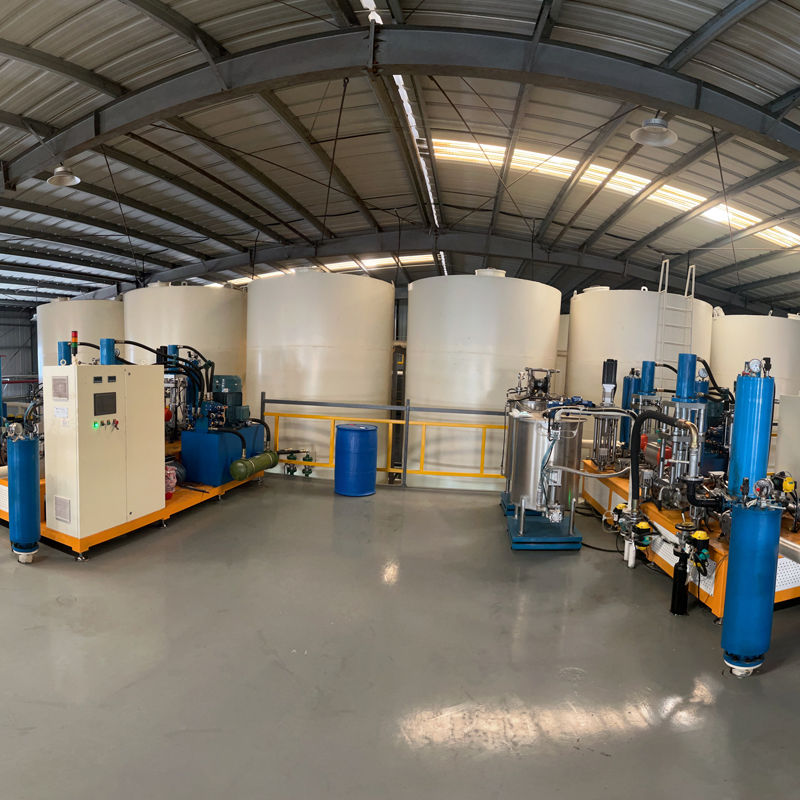
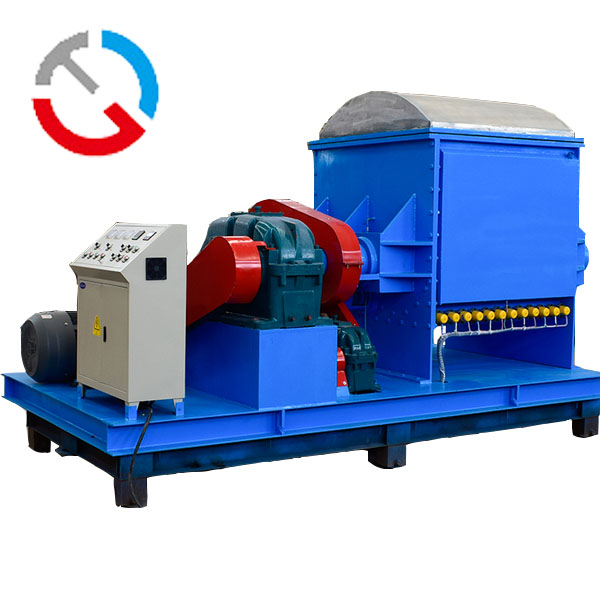
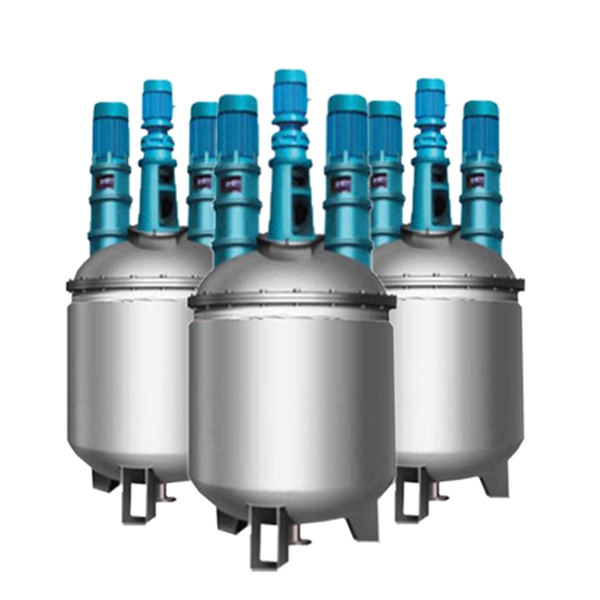
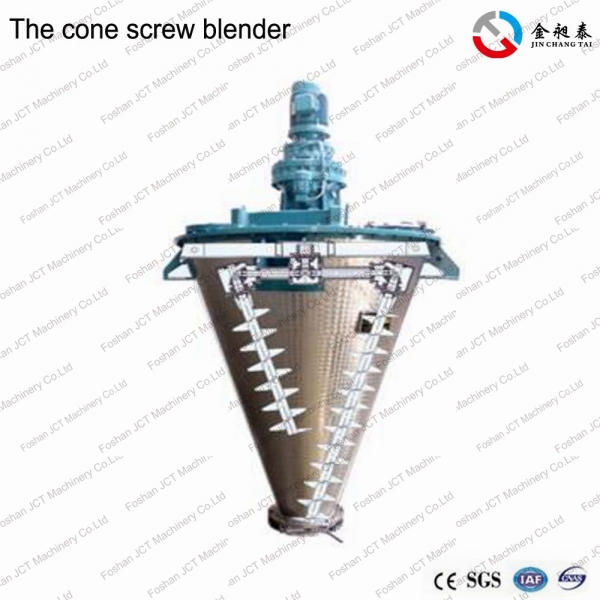
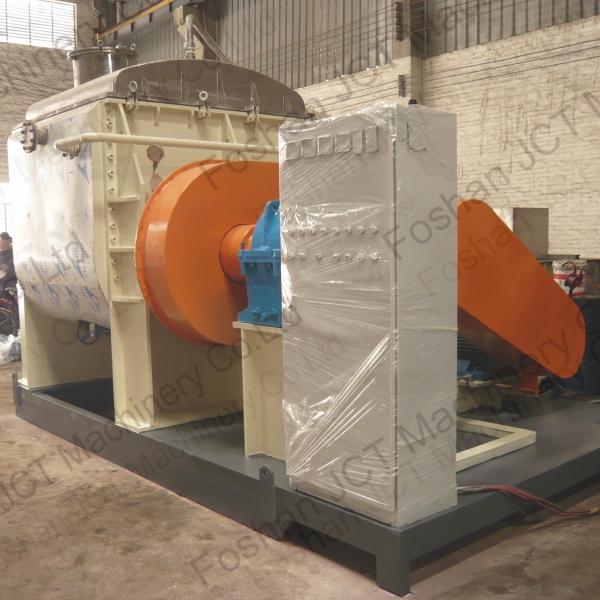
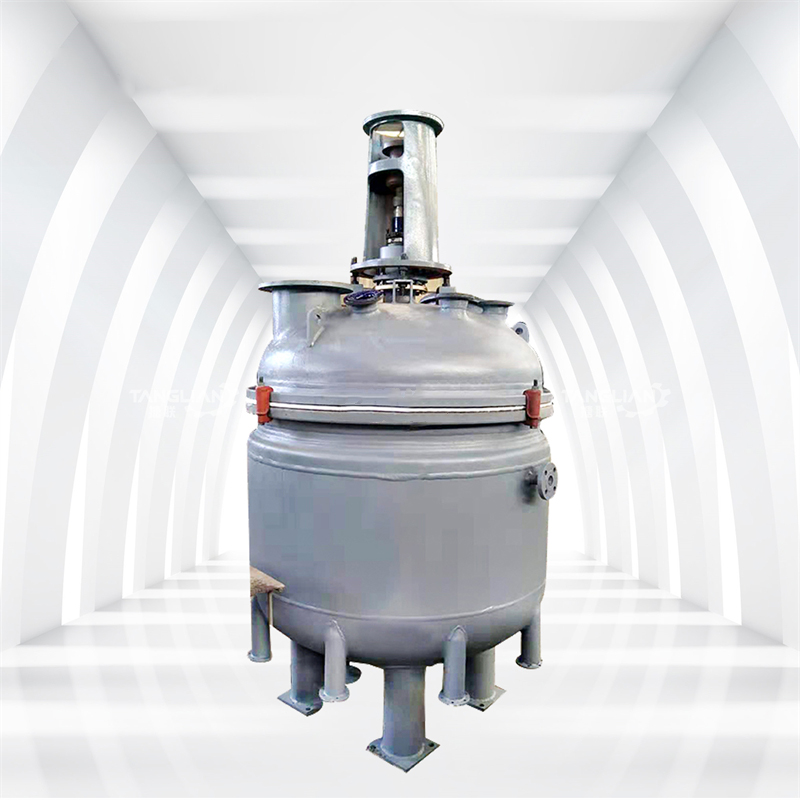
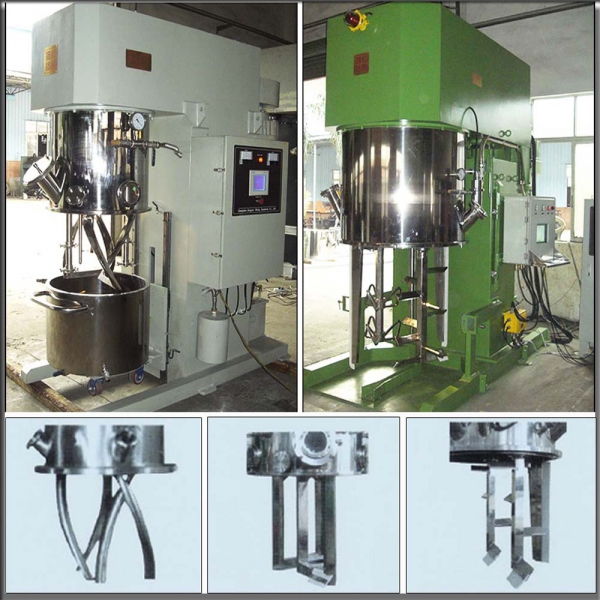






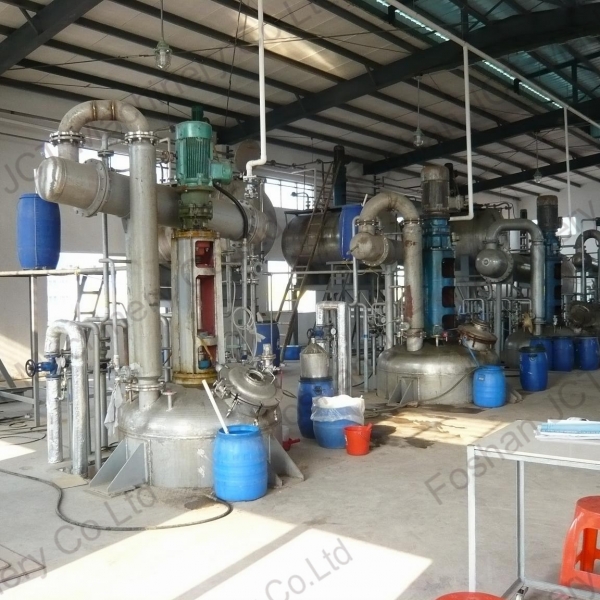
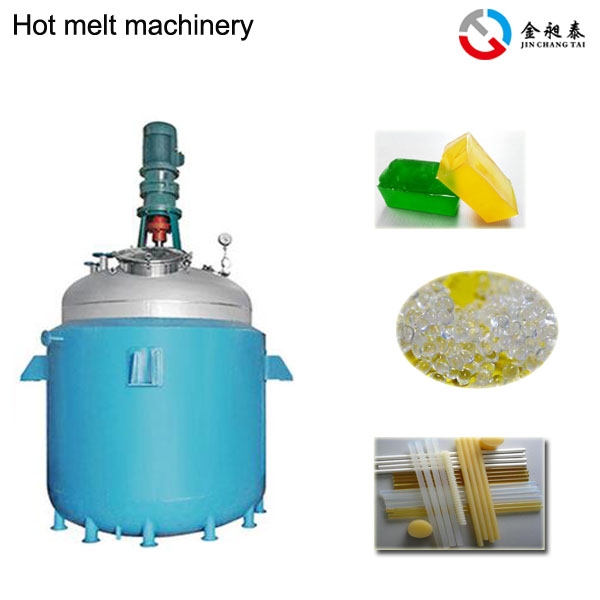
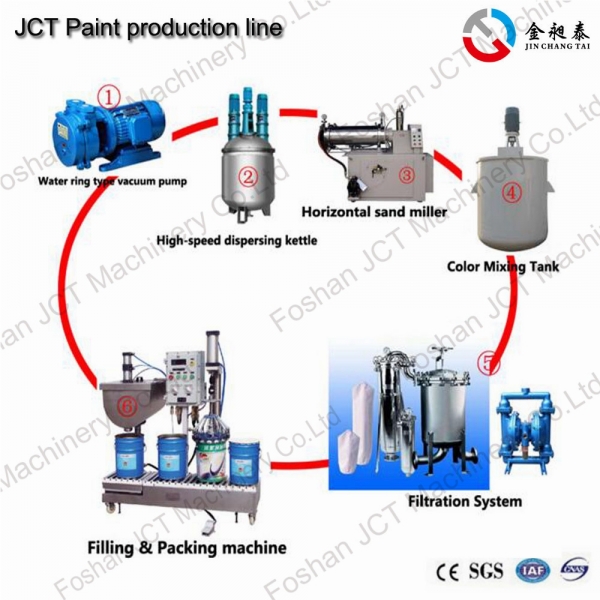

 CN
CN
 HOME
HOME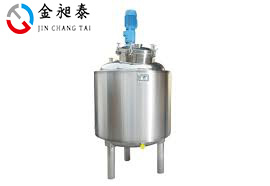

 How long is the service life of the planetary mixer?
How long is the service life of the planetary mixer?  You May Also Like
You May Also Like
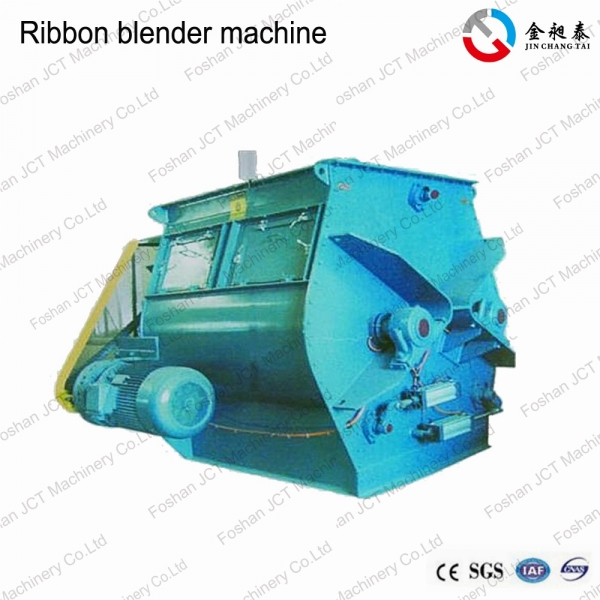

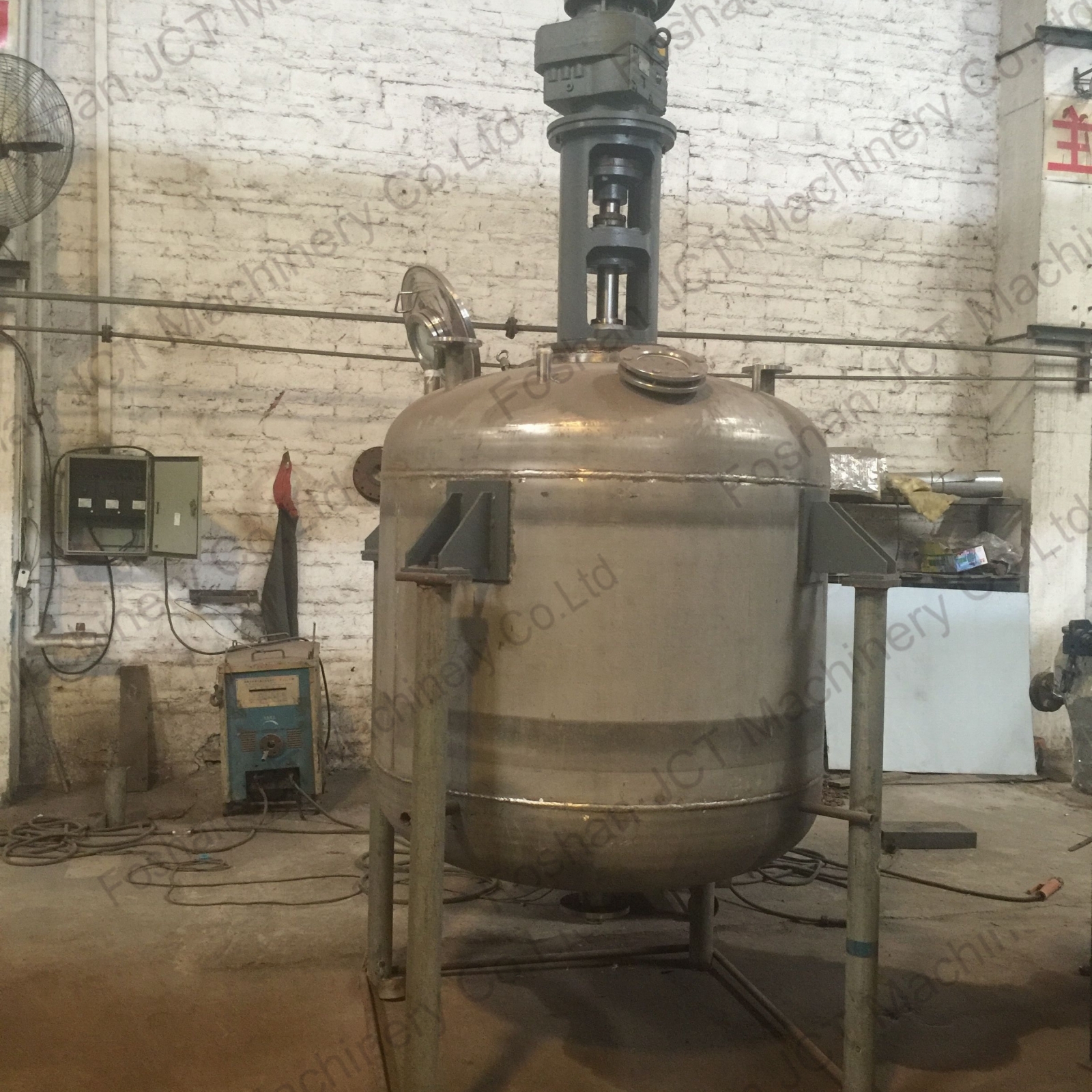
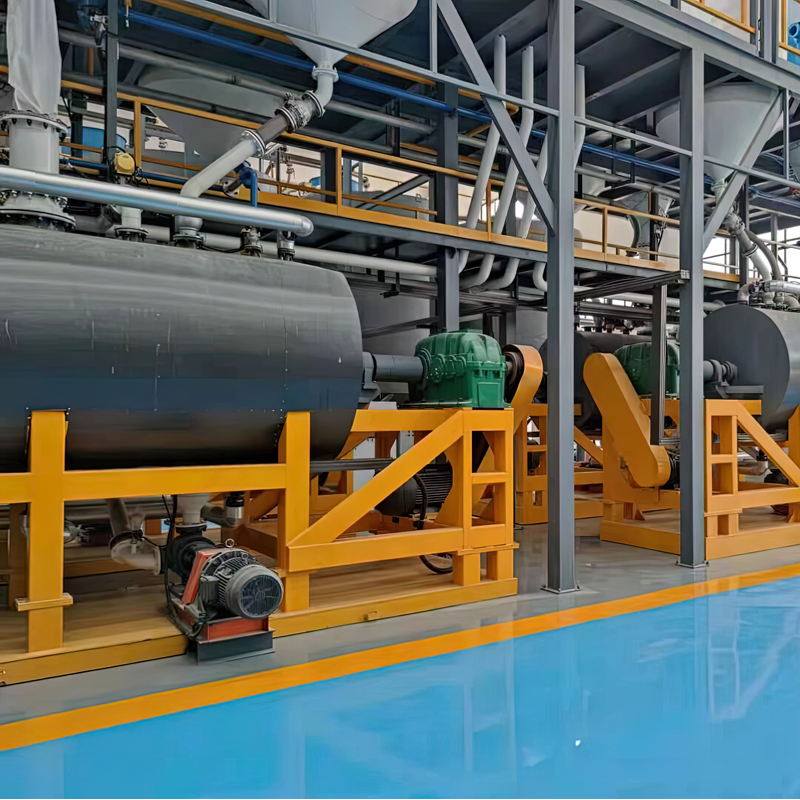
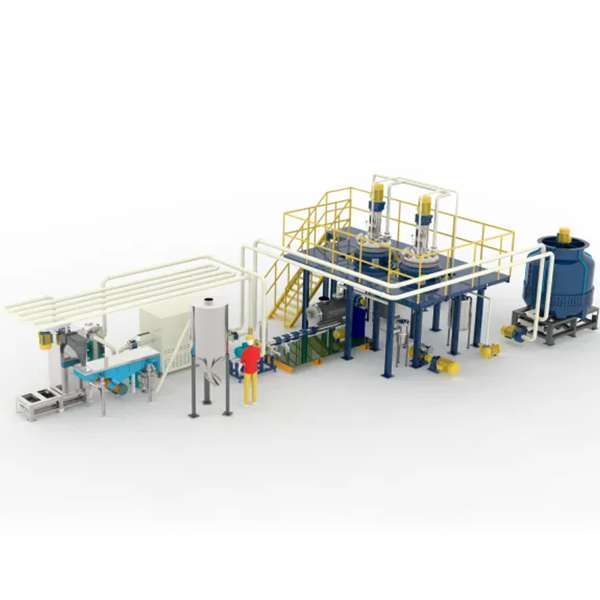

 Tel
Tel
 Email
Email
 Address
Address










